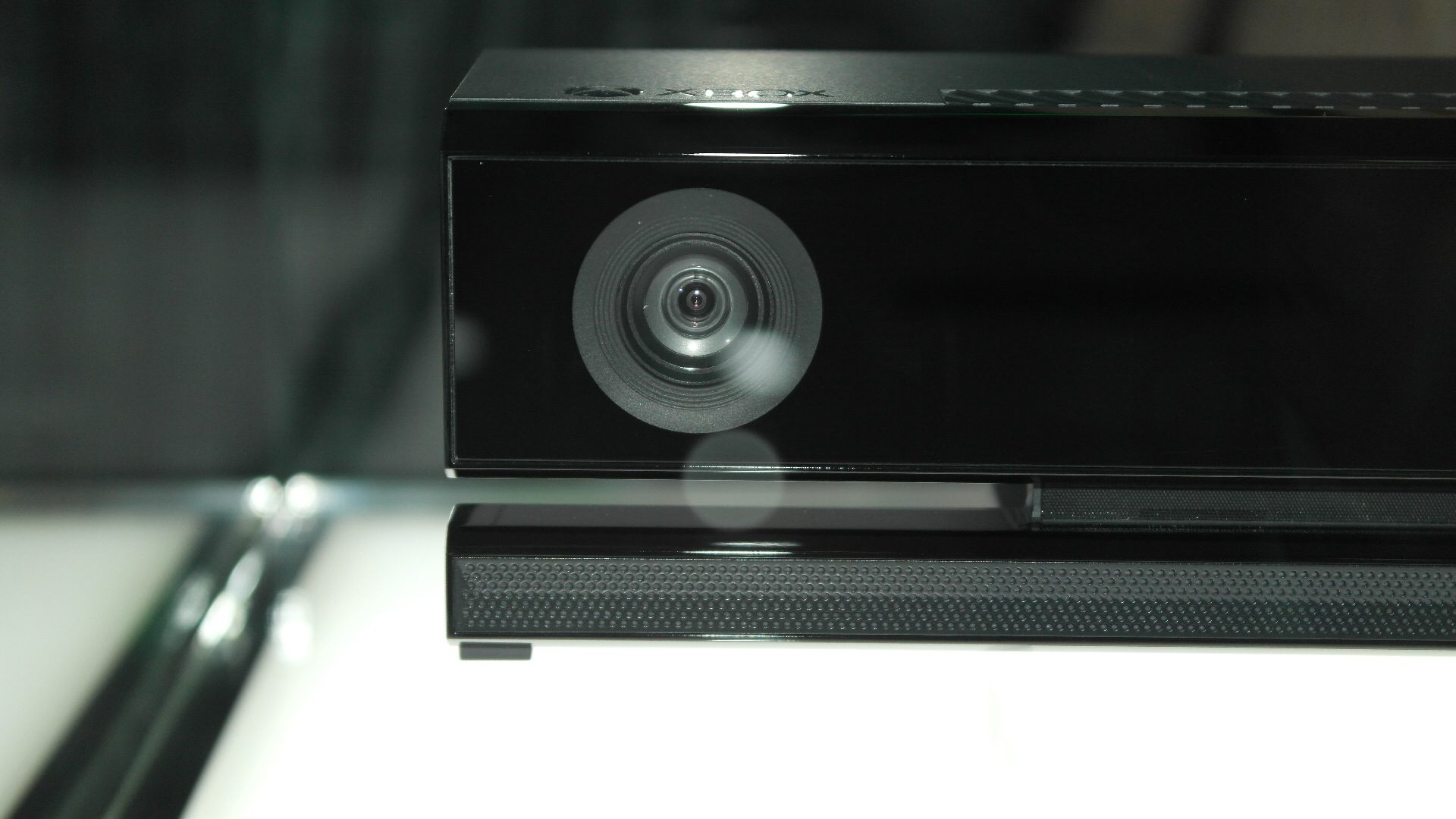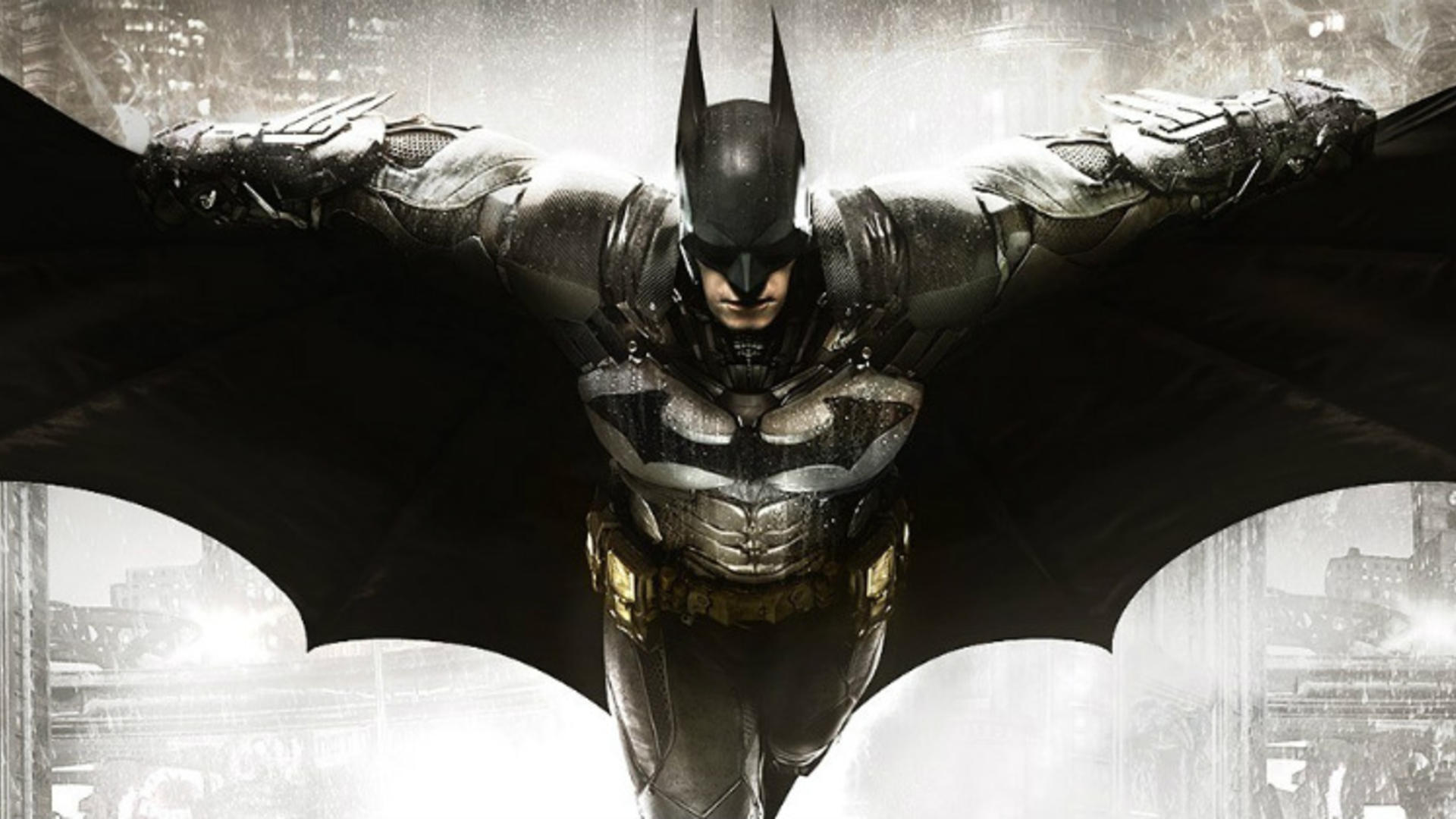From failure to revolution: the legacy of Kinect beyond Xbox.
More stories in the category News
- Crimson Desert now has official schedule on Xbox: when it unlocks in Spain and LATAM
- Marathon: the beta suffers connection issues and players can’t get in
- Warner Bros. anticipates the return of its major franchises between 2027 and 2028
| Don't miss anything and follow us on Google News! |
When Kinect was introduced alongside Xbox 360 in 2010, Microsoft sold it as the future of gaming. It promised to capture your movements, recognize gestures and voice, and turn your living room into the center of action. But in the end, the story was very different: the public didn’t quite connect with the proposal and studios stopped developing compatible titles. Over time, the device became one of Xbox’s biggest commercial flops.
But outside the world of gaming, Kinect had a much more interesting second life. As The Verge details in a recent report, its infrared detection and body recognition technology was adopted by researchers, artists, and scientists. What started as a home accessory ended up being a fundamental tool in areas like robotics, digital art, and medicine.
Kinect opened an unexpected door to innovation
Artist and professor Memo Akten, from the University of California, explained to the media that “nothing Kinect did was completely new”, but it was revolutionary because of its price. Equipment with similar capabilities cost between $5,000 and $12,000, while Microsoft offered it for just $150. That accessibility allowed thousands of developers to experiment without barriers and unlock their potential beyond Xbox.
- Another key figure mentioned in the article, Kyle Machulis, founder of Nonpolynomial, highlighted how the community transformed Kinect into an open tool for technological experimentation. Thanks to this, projects emerged in facial recognition, gesture control, and 3D modeling applied to research.
Today, Kinect’s technology is still alive through Azure Kinect, used in fields as diverse as artificial intelligence and industrial automation. It may not have succeeded in gaming, but Kinect ultimately influenced an entire generation of modern devices.






